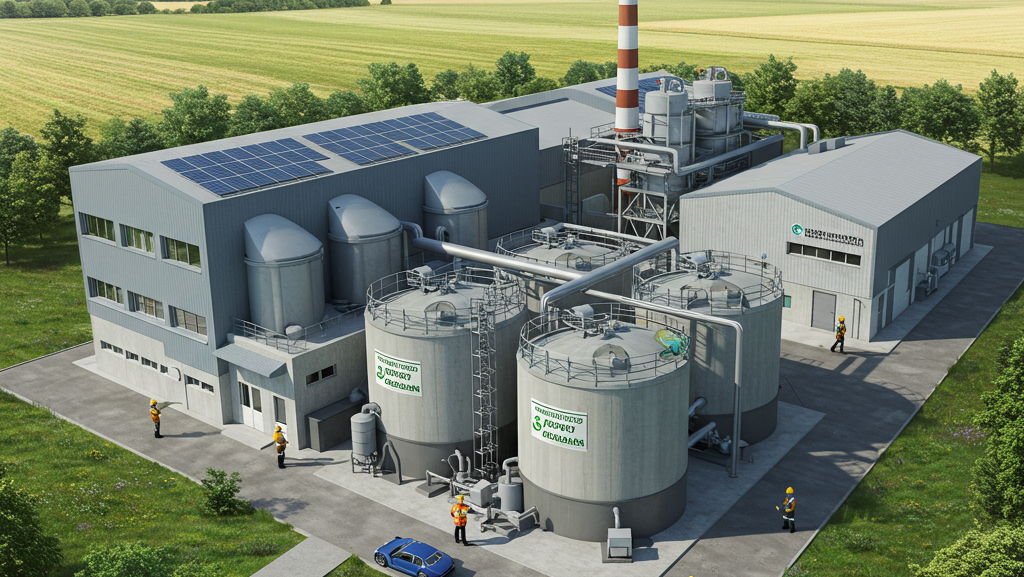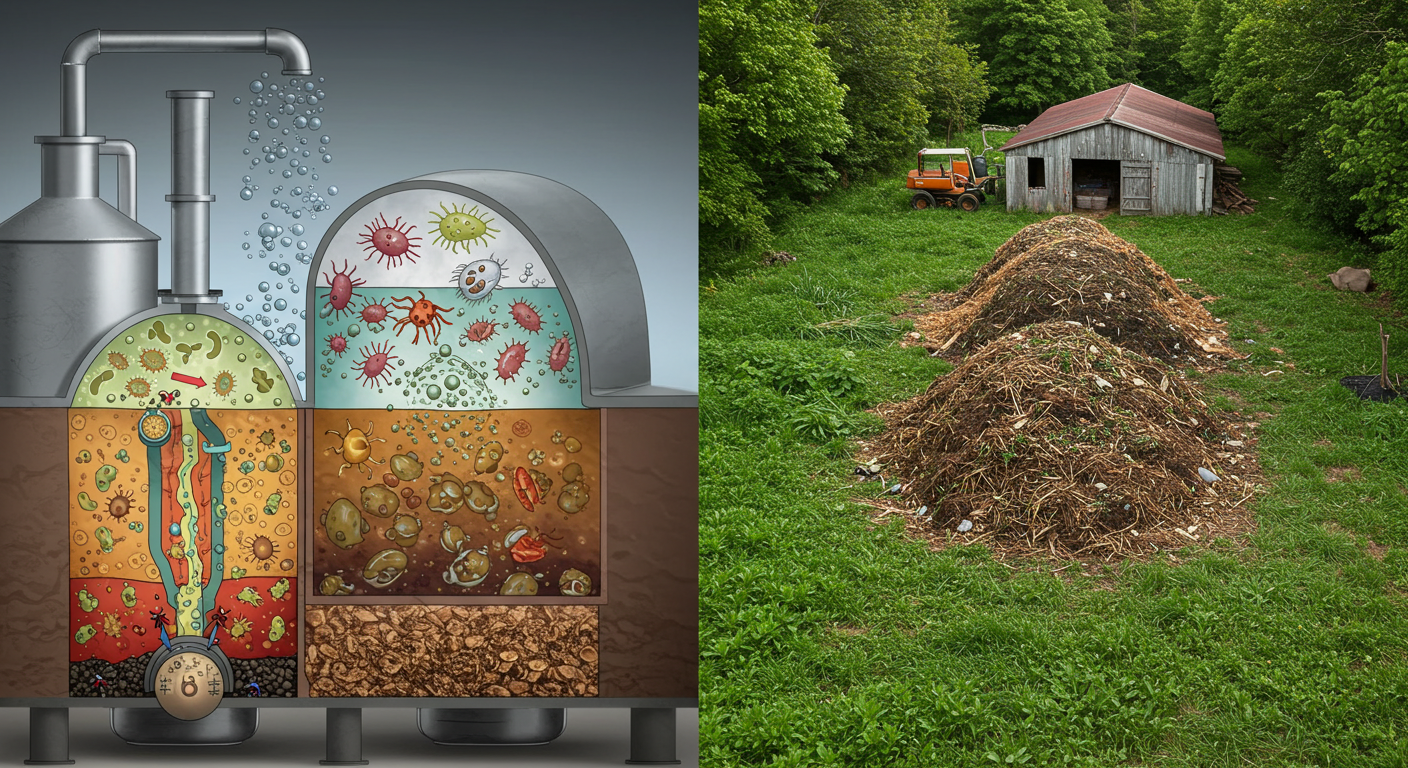Introduction to Sustainable Practices
In recent years, the emphasis on sustainability has permeated various industries, and vineyard management is no exception. Embracing sustainable practices not only benefits the environment but also enhances the quality of wines produced. By integrating eco-friendly techniques, vineyard owners can create a more resilient farming system.
Importance of Soil Health
One core element of sustainable vineyard management is maintaining soil health. Healthy soil not only supports the growth of vines but also contributes to the overall ecosystem. Techniques such as cover cropping, composting, and reduced tillage can improve soil structure and nutrient availability. This approach ultimately leads to better grape quality and higher yields, showcasing the importance of sustainability in everyday vineyard operations.
Water Conservation Strategies
Water conservation is another crucial aspect of sustainable practices in vineyard management. Utilizing methods such as drip irrigation and rainwater harvesting can significantly reduce water consumption. Additionally, implementing practices that enhance soil moisture retention, like mulching, helps to conserve water further. These measures not only protect local water sources but also lower operational costs, making vineyards more economically viable in the long run.





